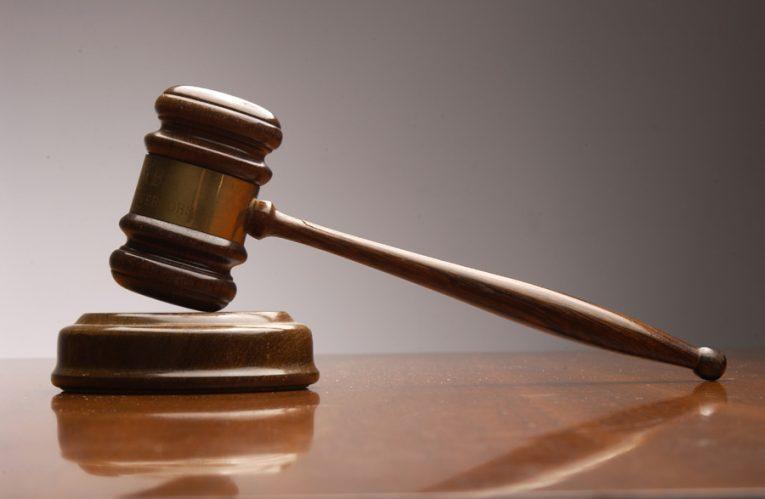Court bonds which are also in some instances referred to as judicial bonds are often required in connection with a state ruling or by an order of the court to guarantee safeguard from probable loss to a party involved in a legal hearing at the court. With a court Bond in place, the possibility of non-compliance of a court decision and the subsequent losses arising out of it are almost nullified for the assurance of all the involved parties. These court bonds are available for both the plaintiffs and the defendants. Another most commonly used court bonds are appeal bonds, which are also called Supersedes bonds or stay bonds.

Since Court bonds are required in lawsuits to safeguard the interests of the differing party from any losses, in the condition of a plaintiff failing to adhere to the ruling by the court; these court bonds offer a guarantee that the party winning the ruling will receive its due payments under any circumstance. There are various kinds of Court Bonds, and their value is typically decided by a ruling or a court order in each case separately. Other types of court bonds are attachment bonds, injunction bonds, Replevin bonds, Appeal Bonds, Appellate Bonds, Attachment Bonds, Probate Bonds, Conservation Bonds, insolvency Bonds and Administration Bonds.
Fiduciary Bonds on the other hand, which are also known as Probate bond, are put in place to guarantee the due performance of duties by a person who is legally entrusted with a responsibility to take full care of someone or somebody who may be an adult or a minor. Although the nature of both Court & Fiduciary Bond is similar, but they differ in the conditions they are applicable for in practice. A fiduciary could be a guardian, a trustee, a custodian, a caretaker, a trustee, a conservator, even a personal representative, or a receiver, or any other person who is entrusted with the control of another person’s assets.
To ensure that fiduciaries fully comply with the responsibilities entrusted upon them, and don’t use their control over another person’s assets in a wrongful way, they are often required to post a Fiduciary Bond to protect the other party or person against any such act of wrongdoing, which goes against the conditions of their entrusted duties. The amount of the fiduciary bond to be paid by the fiduciary is also typically set by the ruling of the court, and may vary depending upon the nature and value of the assets at stake.












No Comments